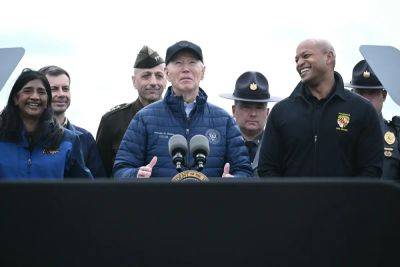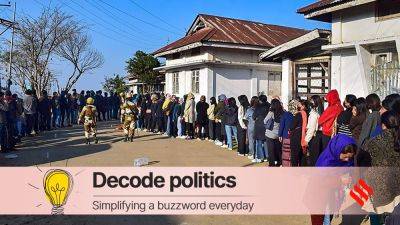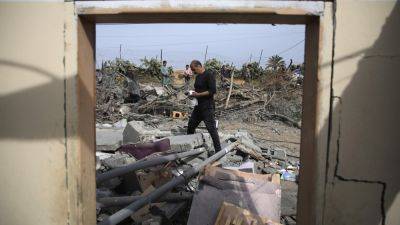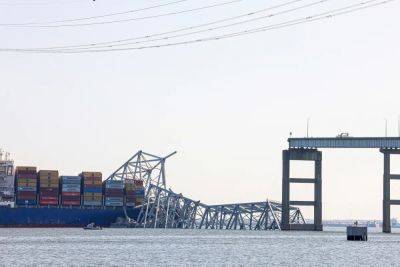Decode Politics: Key to free and fair polls, how Model Code of Conduct evolved over decades
The Model Code of Conduct (MCC) is coming into force following the announcement of the Lok Sabha poll schedule by the Election Commission (EC) Saturday.
The MCC is a consensus document. This means that political parties have themselves agreed to keep their conduct during elections in check, and to work within the Code. The philosophy behind the MCC is that parties and candidates should show respect for their opponents, criticise their policies and programmes constructively, and not resort to mudslinging and personal attacks.
The MCC forbids ministers (of the central and state governments) from using official machinery for election work and from combining official visits with electioneering. Advertisements extolling the work of the incumbent government using public money are to be avoided. The government cannot announce any financial grants, promise construction of roads or other facilities, and make any ad hoc appointments in government or public undertaking during the time the Code is in force. Ministers cannot enter any polling station or counting centre except in their capacity as a voter or a candidate.
Kerala was the first state to adopt a code of conduct for elections. In 1960, ahead of the Assembly elections in the state, the administration prepared a draft code that covered important aspects of electioneering such as processions, political rallies, and speeches.
The experiment was successful, and the EC decided to emulate Kerala’s example and circulate the draft among all recognised parties and state governments for the Lok Sabha elections of 1962.
However, it was only in 1974, just before the mid-term general elections, that the EC released a formal MCC. It also set up bureaucratic bodies at the district level to







